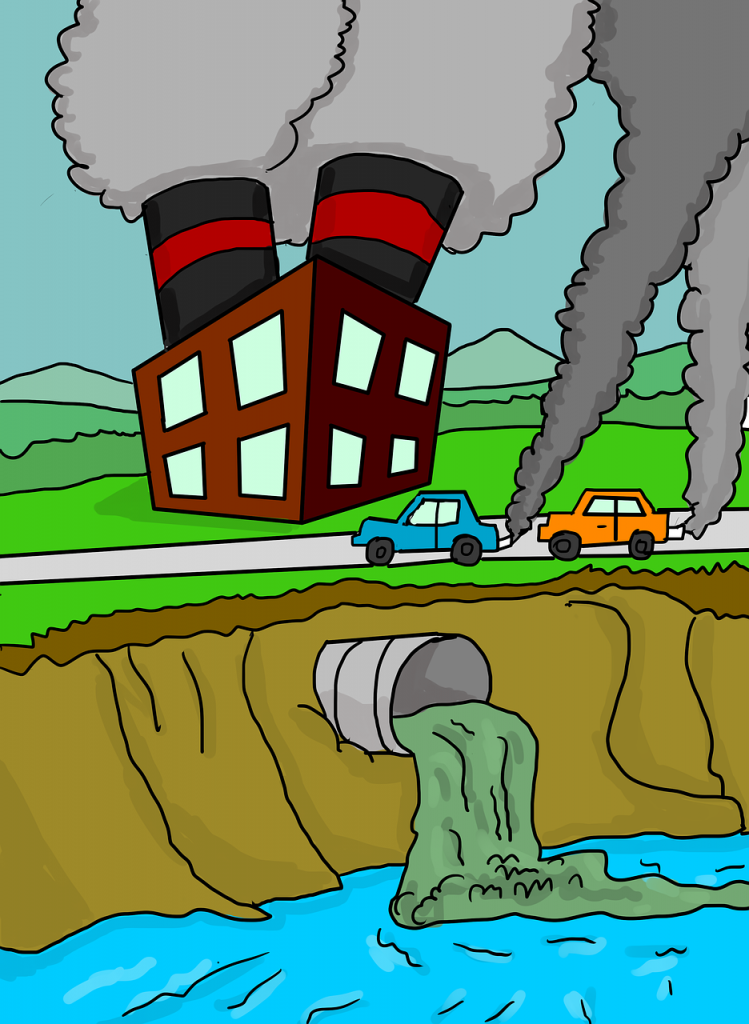The English Word of the Year, 2018 Posted by Gary Locke on Nov 21, 2018 in English Language, English Vocabulary, News
The editors of The Oxford Dictionaries, published by the Oxford University Press, have selected toxic as the 2018 English word of the year. It is a brilliant, if somewhat controversial, selection. In a year of intense divisiveness in the English-speaking world, it is easy to see why this word, and its association with all that is harmful and dangerous in the world, should represent our times.
In its most basic definition, toxic means poisonous. It comes to us from the Latin toxicum, but actually derives from the ancient Greek toxikon pharmakon, the poison which their soldiers used on the tips of their arrows to kill all enemies. The Greek word for bow was toxon. There has never been a time in history in which this word has had pleasant connotations.
Toxic In All Forms
Unfortunately, the use of toxic as an adjective to describe something in our lives has exploded. The Oxford Dictionaries publishers estimate that the word was searched online a whopping 45% more in 2018 over the previous year.
Today, the metaphorical arrows of toxicity fly in all directions. Financially you could have toxic debts, money which has been borrowed but can’t be fully repaid. This could bring financial ruin. Almost everyone who lost their homes and savings in the recent recession was burdened with toxic debt.
It also, of course, has an environmental connection. With the smog in Beijing and the wildfires in California, to name just two instances, there was a lot of concern over toxic air this year. Toxic waste sites and their cleanup has been in the news with controversies regarding the US Environmental Protection Agency. There was a toxic algae disaster in Florida earlier this year. And toxic chemicals and poisons were certainly on everyone’s mind when a former spy, his daughter, and some local residents were poisoned in a London suburb.
But a toxic environment isn’t always literally poisonous. The #MeToo movement inspired many to use the phrase for workplaces in which sexism and harassment are all too common. Many men in power found themselves out of a job as a result of their toxic masculinity. Politicians, celebrities, tech executives, and many more have been accused of toxic behavior in the workplace. Companies such as Google, Fox News, and CBS have been labeled as harboring a toxic culture.
Marriages, partnerships, even families may find themselves suffering from what could be called a toxic nature. Physical, verbal, and/or emotional abuse are all symptoms of living in a toxic relationship. And certainly, any gathering of friends and family should avoid discussing toxic subjects like politics. If you don’t believe me, just bring up the subject of Brett Kavanaugh’s confirmation hearing in a roomful of random people. And make sure you can easily get to the nearest exit.
The Short List
Other words making the short list of notable words for 2018 include:
- Gaslighting – Psychological manipulation of someone to make them doubt reality. The word comes from a book and famous movie in which a husband tries to make his wife believe that she is losing her mind. Today, gaslighting applies to anything from emotional abuse to fake news. If you tell someone a lie often enough, so the theory goes, the perception of what is real can change.
- Incel – An abbreviation for involuntarily celibate, the word applies to men who can’t attract women and have grown hostile and resentful over their circumstances. Tragically, many have taken to violence and hostile acts to express their rage.
- Orbiting – This refers to a new social phenomenon in which a former partner in a relationship stays in touch by following the other on social media. Orbiting can be a benign behavior or somewhat creepy.
Some of these words are either new or have new meanings in today’s world. In the case of toxic, however, we’ve applied the adjective to describe many more nouns than ever before. Have you discovered any words this year which are similar?

Build vocabulary, practice pronunciation, and more with Transparent Language Online. Available anytime, anywhere, on any device.




